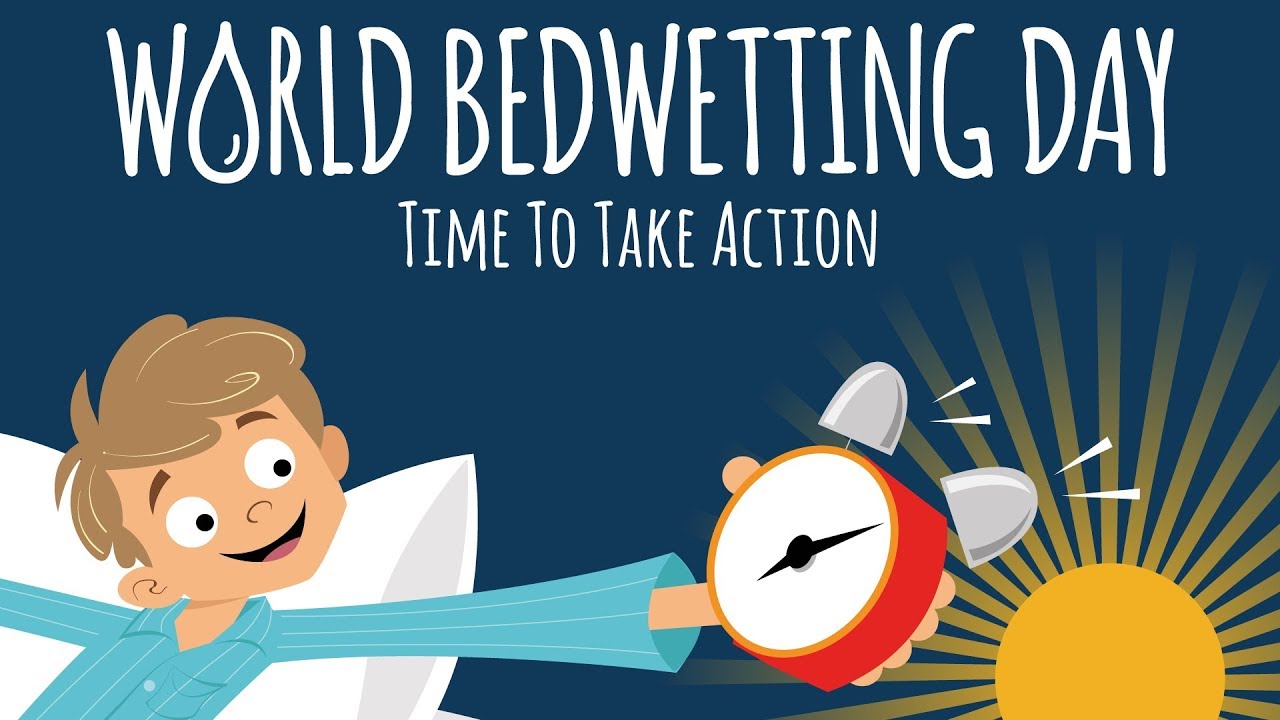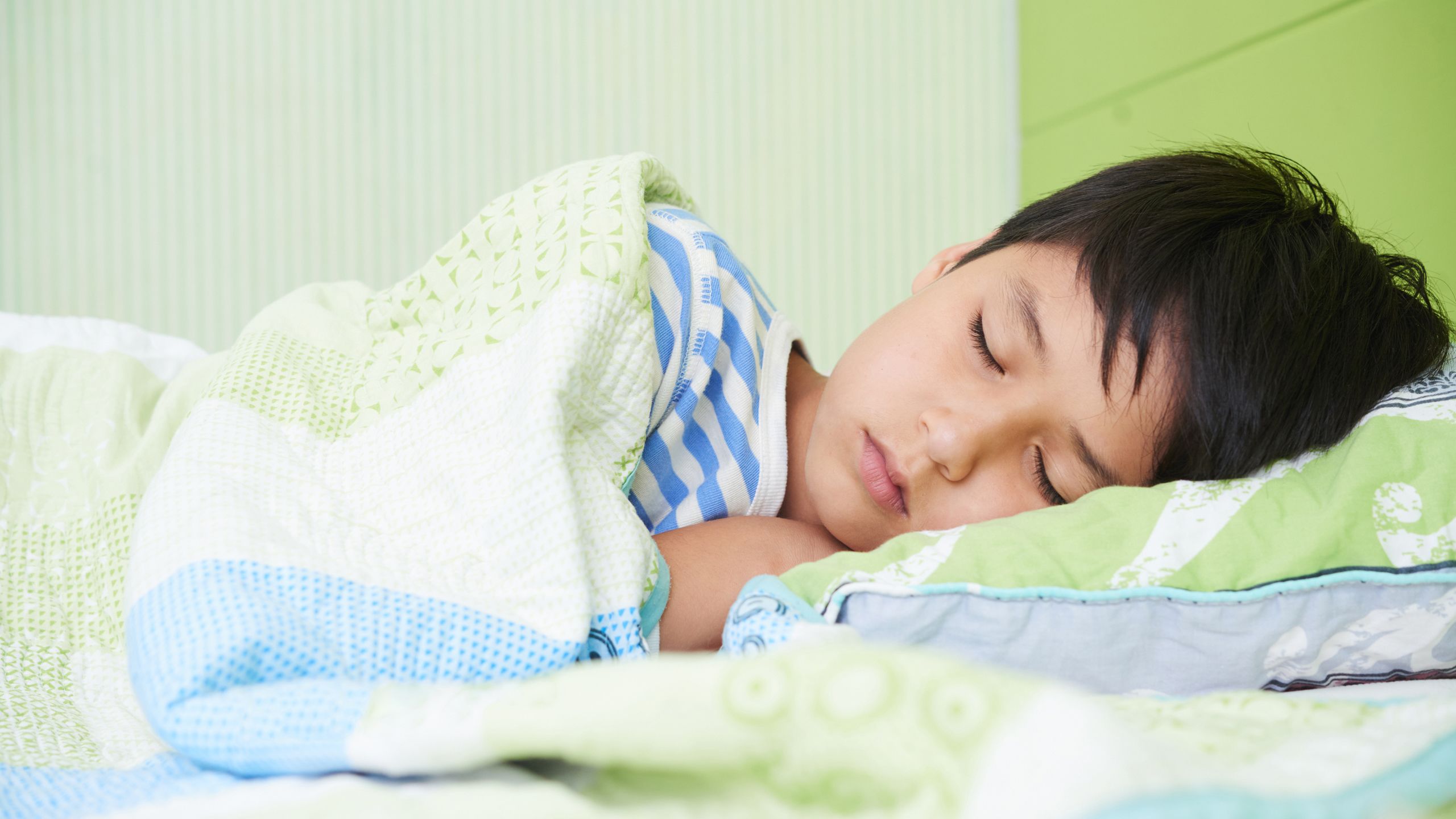Bedwetting or nocturnal enuresis is a common medical condition in kids.

World Bedwetting Day is observed this year on 26th May 2020 with the theme ‘Time to Take Action.‘
The aim is to create awareness on bedwetting and encourage families to discuss it with their doctor to get immediate help.
Causes:
- Genetics
- Not waking up to bladder signals
- Too much nighttime wee being produced
- Problems affecting how much the bladder can hold.
Other factors include,
- Constipation
- Stress
- What, when and how much children drinks
- whether the child snores
- Diet.
Bedwetting is nobody’s fault, and families and doctors should be able to discuss the condition without embarrassment or guilt.
Managing Bedwetting

- Provide emotional Support. Reassure your child that bed-wetting is a normal part of growing up and that it’s not going to last forever.
- Comfort your child with the fact that there are others too who struggle with it.
- Remind your child to go to the bathroom one final time before bedtime.
- Try using motivational system, such as stickers for dry nights with a small reward (such as a book) after a certain number of stickers, can work well.
- Bed-wetting alarms can be helpful.
- Don’t yell or punish your child if he/she wakes up with wet sheet. Have your child help you change the sheet. Explain that this isn’t punishment, but it is part of the process.
- Offer praise when your child has a dry night.
There are certain lifestyle changes that can help children stop bedwetting.
Aids to Manage Bedwetting
Products that can help school-aged children with bed-wetting:
- Disposable absorbent underpants
- Reusable absorbent underpants
- Sleeping bag liners
- Moisture alarms
See also Salt water sisters: meet the wild-swimming Irish women who take the plunge 12 months a year
For more input visit, https://www.worldbedwettingday.com/
